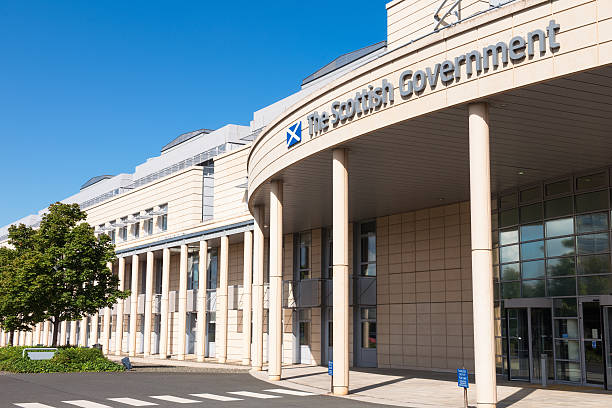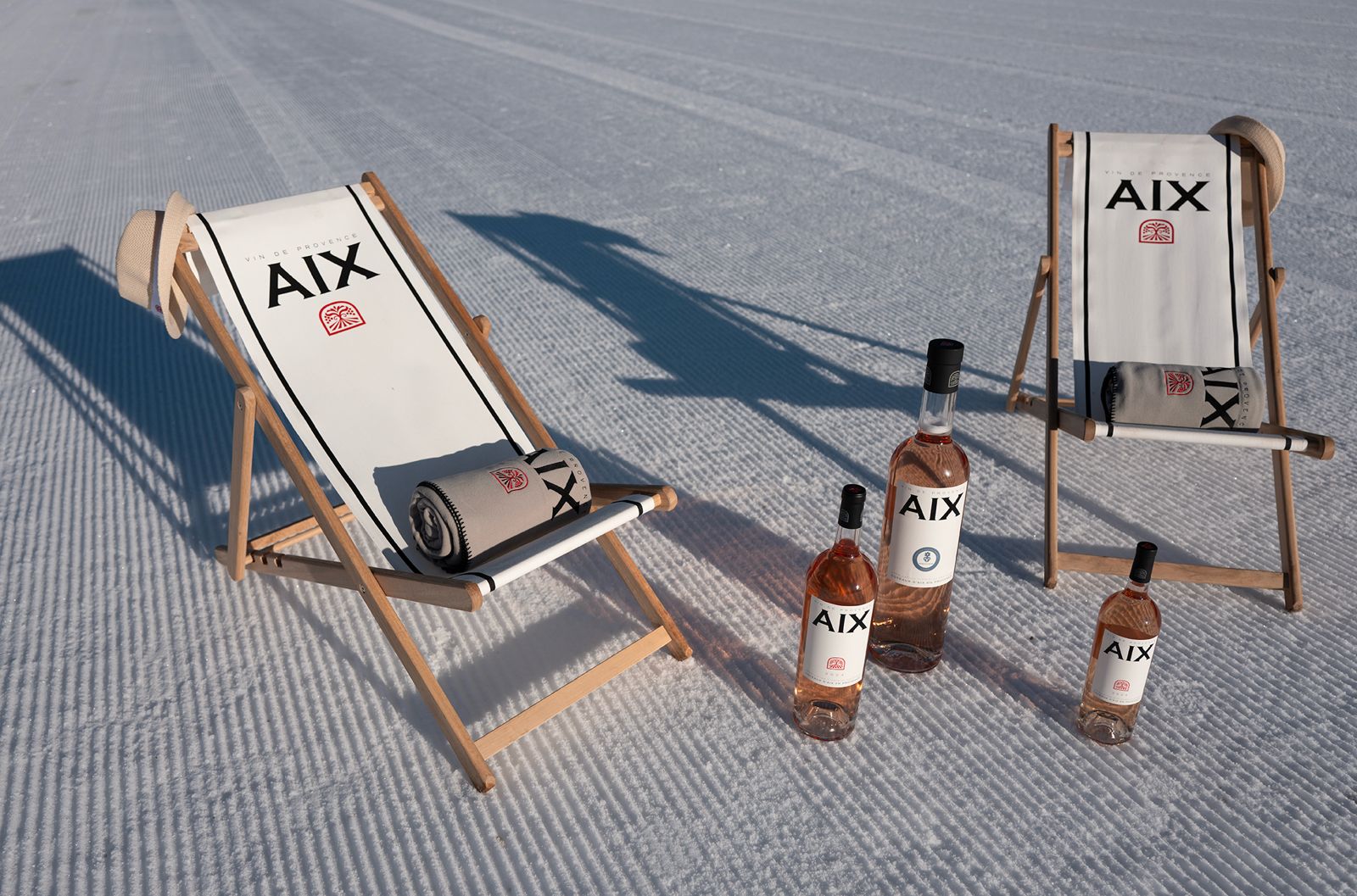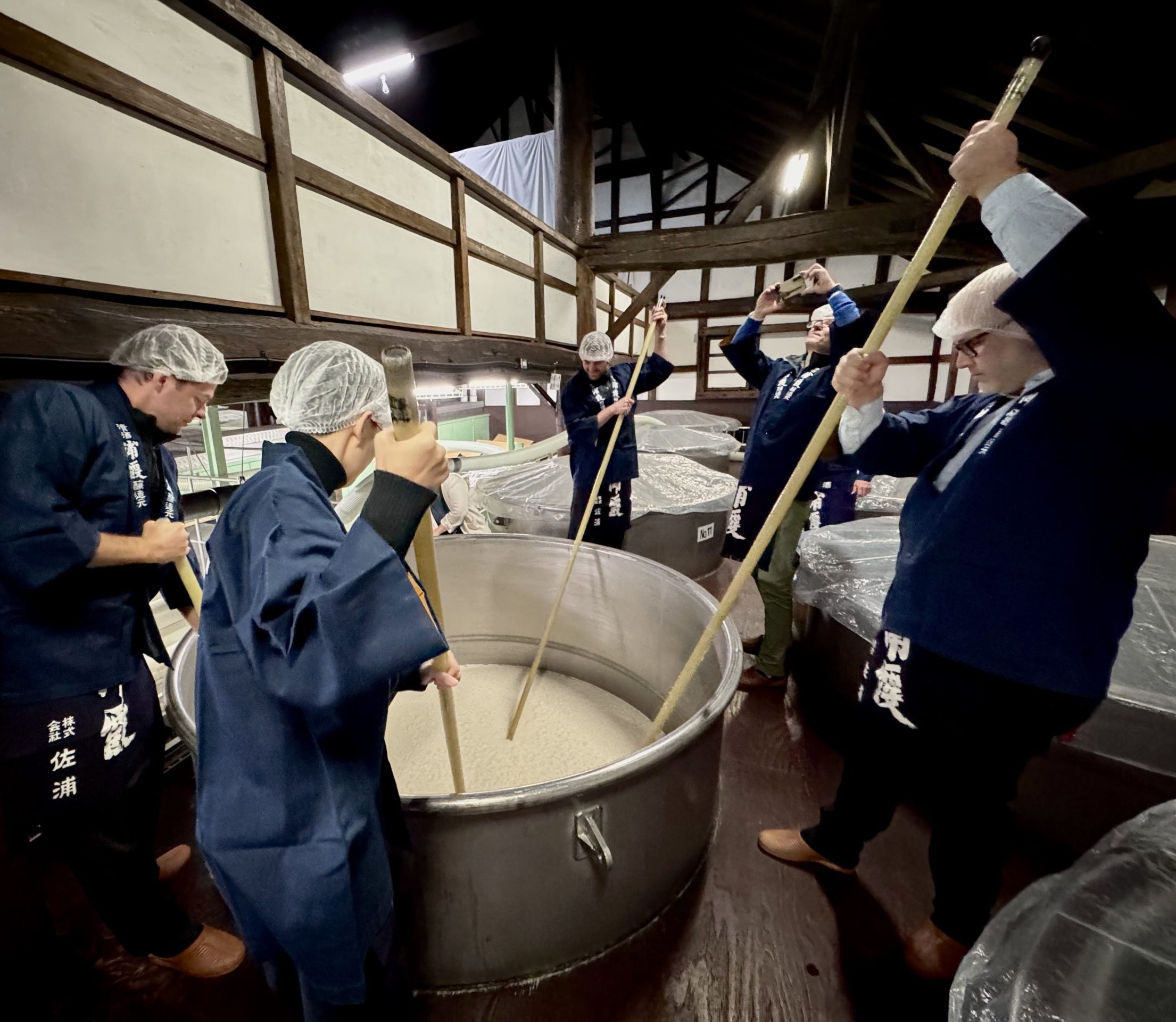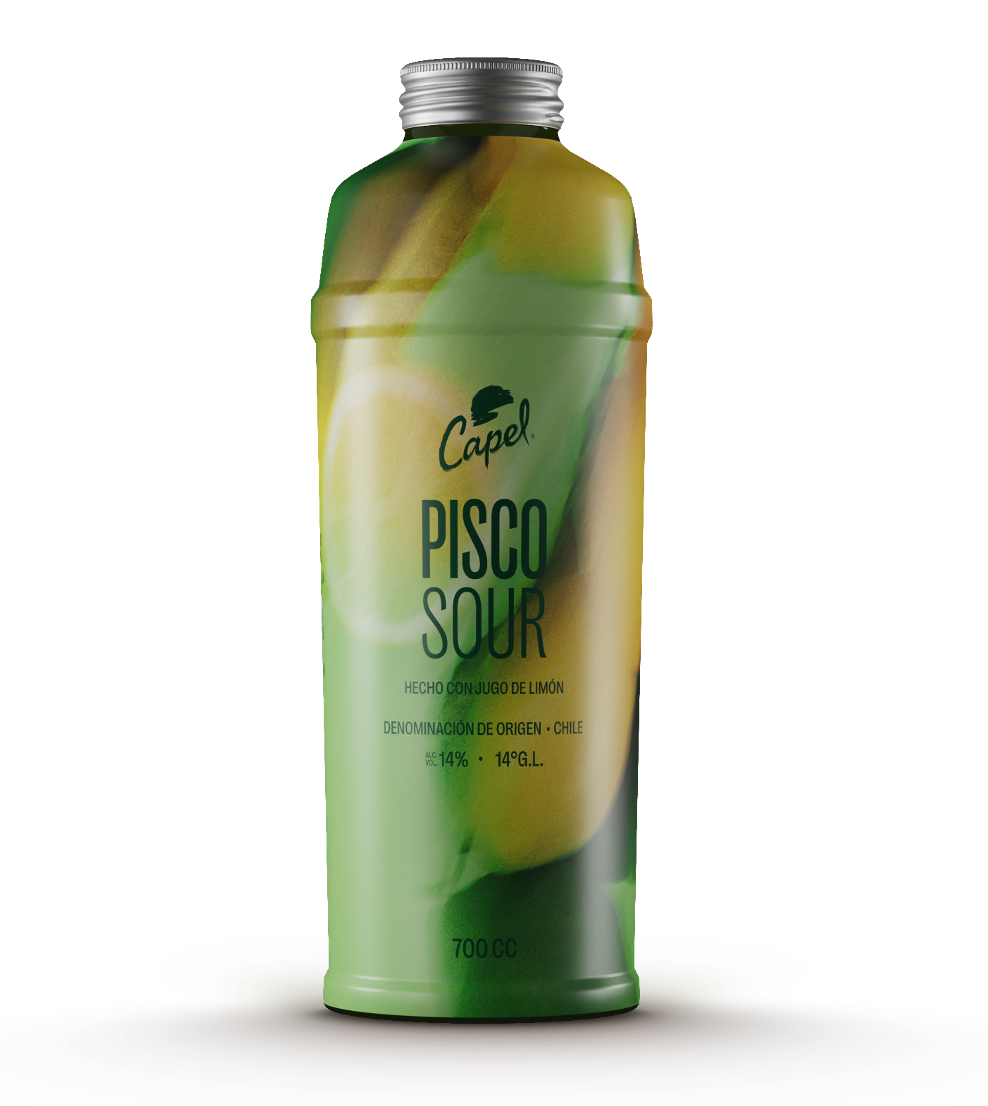Drinks companies lobby Scottish government over advertising
Drinks firms have joined forces to challenge Scottish ministers on moves which could restrict alcohol advertising and marketing.

More than 100 drinks companies, including AB-InBev, Diageo, Pernod Ricard, C&C Group, Whyte & Mackay, Edrington, Brewdog, Lanson, and Molson Coors, have signed a the letter to ministers that pleads: “Don’t destroy Scotland’s drinks industry.”
According to local sources, signatories also include a raft of smaller drinks companies who are backing the plea including distillers and microbreweries across Scotland that will be affected by the detrimental impact of any bans coming into force.
The move, which follows the Scottish government launching a consultation that will run until 9 March to consider banning alcohol sponsorship for sports and live events, could also see distillery and brewery shops being banned from selling branded drinks merchandise as well as drinks branding being removed from pub parasols and all glassware.
As part of the consultation, ministers are set to consider a total ban on all outdoor advertising of alcohol, which would include vehicles as well as newspaper and magazine advertising.
Many already fear a “blanket ban on alcohol advertising and sponsorship” in Scotland with drinks companies having stated that this “could not have come at a worse time for our sector, and the many thousands we employ” and outlined how the industry has already “suffered hard through the Covid years” and already the current cost-of-living crisis “threatens the very existence” of many businesses.
The drinks companies pleaded: “At times like these, we urgently need the support of our government and elected representatives” and said that the proposed “ban” would damage the industry with “no clear evidence to justify such a move” and added: “Restricting the ability to promote and market products responsibly will remove a vital route to market and go against the Scottish government’s vision to double the turnover of the food and drink sector by 2030. A further unintended consequence of these proposals would be the blocking of a key source of vital funds to Scotland’s sports and arts and culture sectors, at a time when they can least afford this.”
The drinks sector currently employs 88,700 people in Scotland, and contributes £6.1bn gross value added (GVA) to the economy each year, said reports.
Partner Content
The letter also highlighted how “iconic exports which in turn drive our economy here at home” and said that although they “recognise and share in the Scottish government’s determination to reduce harmful consumption of alcohol” there should be “further workable steps” that the sector can take together assist with this, rather than revert to banning advertising.
The letter added: “These proposals will not serve to achieve this and do not address the root cause of why someone might come to have a harmful relationship with alcohol. Instead, they will needlessly hold our country back, to the detriment of Scottish jobs. With the support of brewers and distillers across Scotland and the UK, we urge the Scottish Government to listen to our concerns regarding the significant impact these measures will have not only on the alcohol industry, but on the thousands of families it supports, but wider Scottish society too.”
Last month, members of the Scotch whisky trade voiced their outrage at the Scottish government after a report claimed all alcohol products were “variations of the same thing” and instigated the proposed banning the sale of alcohol-branded merchandise.
A Scottish government spokesperson said: “Alcohol-related harm is one of the most pressing public health challenges that we face in Scotland. An average of 700 people are hospitalised and 24 people die each week from illnesses caused by drinking alcohol. That’s why we have taken forward initiatives such as Minimum Unit Pricing (MUP) in the face of significant challenge from some quarters of the alcohol industry. Our alcohol framework is clear that we will work with the alcohol industry on projects which can impact meaningfully on reducing alcohol harms.”
It has been agreed that public health minister Maree Todd will meet with “key stakeholders”, including figures from the alcohol and advertising sectors during the consultation to “hear directly” all of the outlined concerns.
The spokesperson added: “The public health minister has already been clear that there is clear evidence that adverts which glamorise drinking can encourage young people to drink alcohol and have a detrimental impact on those in recovery from problem alcohol use. The Scottish Government is determined to tackle Scotland’s problematic relationship with alcohol and the current wide-ranging consultation is an important step in doing that.”
Todd also recently revealed how a new report had shown how minimum unit pricing (MUP) has been successful in lowering the consumption of alcohol most associated with harmful drinking without negatively impacting the alcohol industry.
However, the Scotch Whisky Association (SWA), which mounted a legal challenge to the MUP said the research was one part of an “overall evaluation”, and it would await its completion before drawing any conclusions and explained that the SWA continues “to work in partnership with a range of stakeholders to promote responsible drinking and to tackle alcohol-related harm”.
Related news
Liv-ex: AI will 'filter out the noise' to provide more relevant fine wine data




